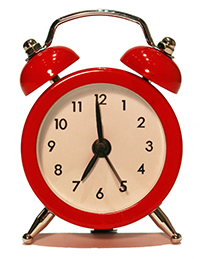We can all use reminders occasionally to do the right thing. When we’re growing up, these prompts – such as to eat healthy food or finish homework – often come from our parents. But as adults, we sometimes let things slide: we don’t always pay our taxes on time or we forget to have a yearly medical checkup. Lately, Dilip Soman, a professor of marketing at the Rotman School of Management, and his colleagues have been investigating how behavioural economics can be used to “nudge” people to behave in socially beneficial ways. (Companies also use nudging to influence consumers.)
In one experiment, Soman and his colleagues found that randomly assigning people a doctor’s appointment and asking them to call if they couldn’t make it quadrupled the likelihood they would see their doctor compared to those who were left to schedule an appointment themselves. “We make a distinction between a nudge from a ‘superior authority’ such as the government, or something that you would normally do yourself,” says Soman. “Then you don’t get into arguments about ‘who are you to decide what’s good for me.”
Recent Posts
A Sentinel for Global Health
AI is promising a better – and faster – way to monitor the world for emerging medical threats
The Age of Deception
AI is generating a disinformation arms race. The window to stop it may be closing
Safety First
AI has developed faster than anyone thought. Will it serve humanity’s best interests?




